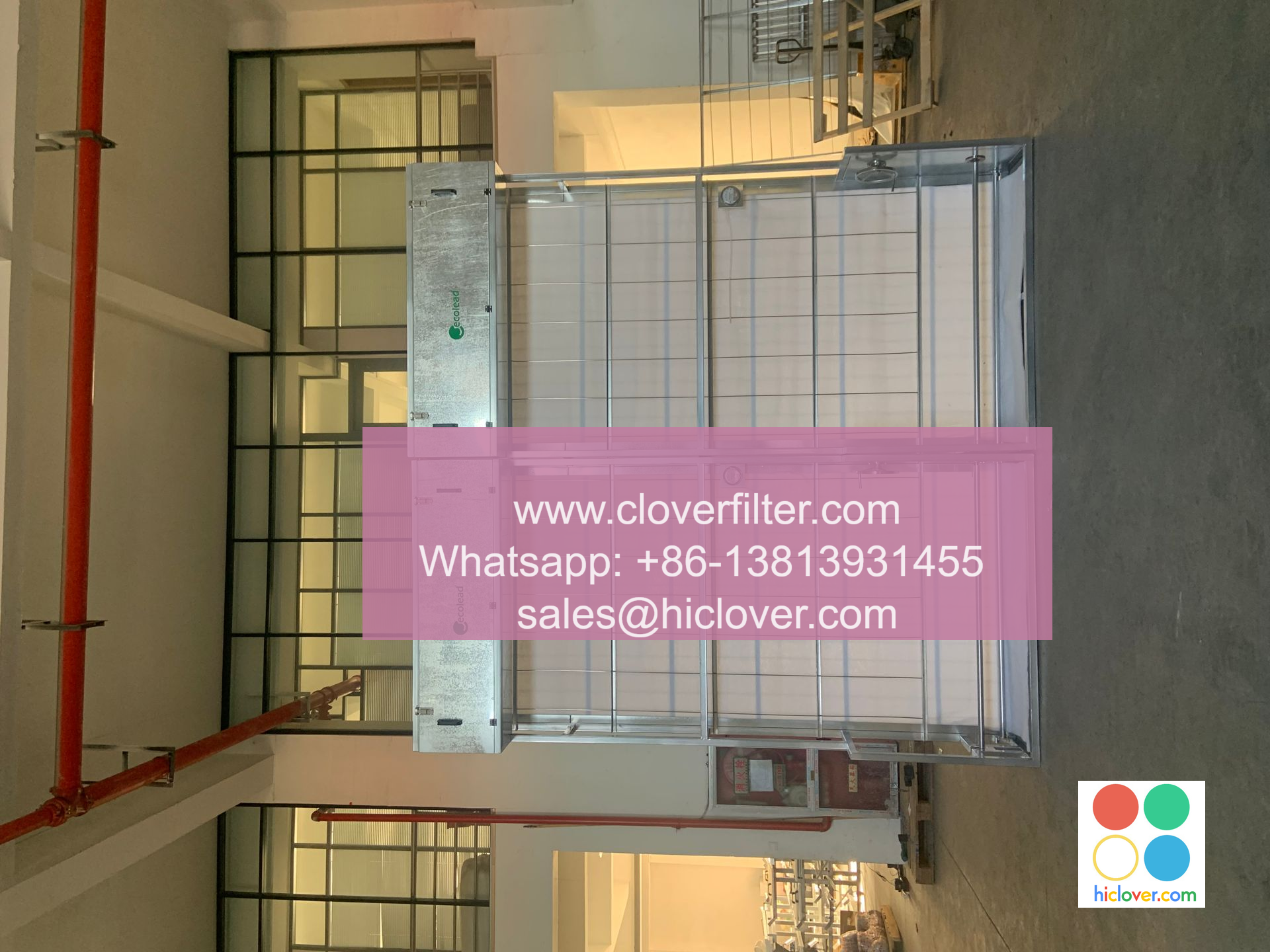How to Choose the Best Air Filter for Your HVAC System

Choosing the Right Air Filter for Your HVAC System
A well-maintained HVAC system is essential for maintaining a comfortable and healthy living or working space. One of the most critical components of this system is the air filter, which helps to remove dust, dirt, and other airborne pollutants from the air. With so many options available, choosing the right air filter can be overwhelming. In this article, we’ll outline the key factors to consider when selecting the best air filter for your HVAC system.
Key Factors to Consider
Filter Type
There are two primary types of air filters: fiberglass and pleated paper. Fiberglass filters are the most common and are effective at removing large particles such as dust, hair, and pet dander. Pleated paper filters are better at capturing smaller particles, including smoke and pollen. Learn more about the different types of air filters.
MERV Rating
The MERV (Minimum Efficiency Reporting Value) rating is a standardized measure of an air filter’s ability to capture airborne particles. A higher MERV rating indicates a more effective filter. For example, a filter with a MERV 10 rating can capture particles as small as 3-10 microns, while a filter with a MERV 14 rating can capture particles as small as 0.3-1 micron.
Filter Size
It’s essential to choose a filter that fits your HVAC system’s specifications. Measure your filter’s dimensions carefully to ensure a proper fit.
CADR (Clean Air Delivery Rate)
The Clean Air Delivery Rate (CADR) is a measure of a filter’s ability to deliver clean air. A higher CADR indicates a filter that can handle increased airflow.
Application Areas to Consider
Residential Applications
For residential use, a MERV 8-10 filter is typically sufficient for most households, as it can capture larger particles like dust and hair.
Commercial and Industrial Applications
In commercial and industrial settings, a higher MERV rating (11-16) is often necessary to remove smaller particles, such as dust, smoke, and pollen.
Specialty Applications
For allergy sufferers, a HEPA (High Efficiency Particulate Air) filter with a MERV 17-20 rating can be beneficial. These filters are designed to capture 99.97% of particles as small as 0.3 microns, including dust, pollen, pet dander, and smoke.
Conclusion
Choosing the right air filter for your HVAC system can be a daunting task, but by considering the key factors mentioned above, you can make an informed decision. Remember to consider the filter type, MERV rating, filter size, and CADR to ensure a proper fit for your specific needs. Whether you’re a homeowner, commercial property manager, or industrial facility operator, selecting the best air filter is crucial for maintaining a healthy and comfortable environment.
Call to Action
Take the first step towards a healthier and more comfortable indoor environment by choosing the right air filter for your HVAC system. Learn more about our range of air filters and find the perfect one for your needs.
References
- "A Guide to Understanding Air Filters" by the U.S. Department of Energy
- "Air Filters: A Guide to Choosing the Right One" by the Environmental Protection Agency (EPA)
I’m happy to help! However, I don’t see a prompt provided. Please go ahead and give me a prompt, and I’ll do my best to assist you.


